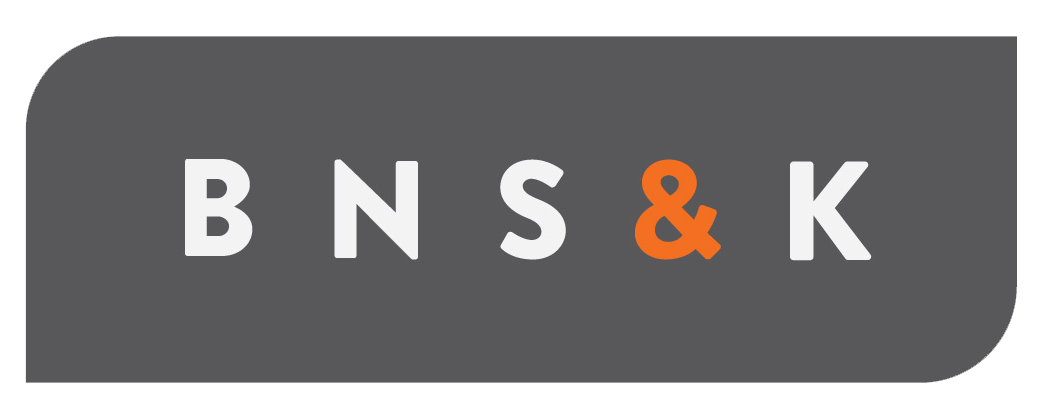Court Affirms Preliminary Injunction Prohibiting Delegation of “.Africa” Top-Level Domain on Reconsideration
On June 20, 2016, the Hon. R. Gary Klausner ruled in favor of our client DotConnectAfrica Trust (DCA), affirming his April 12 order enjoining Defendant Internet Corporation for Assigned Names and Numbers (ICANN) from delegating the top-level internet domain .Africa.
On May 6, former Defendant ZA Central Registry filed a motion for reconsideration challenging the Court’s decision issuing the preliminary injunction. ICANN joined the motion shortly after. However, ZACR’s motion to dismiss was pending prior to the motion for reconsideration. The Court granted ZACR’s motion to dismiss and refused to consider ZACR’s arguments for reconsideration as moot. Thus, the Court only addressed points raised by ICANN.
ICANN raised two main points: (1) an erroneous factual finding; and (2) plaintiff’s misrepresentation of facts regarding irreparable injury. ICANN further argued that a bond was required by DCA, should the preliminary injunction remain in place.
As to the first point, the Court acknowledged the erroneous finding of fact – as did both ICANN and DCA – but agreed with DCA that the error was harmless. The Court held “upon reconsideration of the facts and evidence, there still exists serious questions going to whether Plaintiff had acquired a sufficient number of endorsements to have passed the geographic names evaluation phrase in the first instance.” Relying on ICANN’s internal review process holding, Judge Klausner held that “both the actions and inactions of the [ICANN’s] Board with respect to the application of Plaintiff relating to the .AFRICA gTLD were inconsistent with the Articles of Incorporation and Bylaws of ICANN.” Judge Klaunser found it reasonable to infer that ICANN improperly rejected DCA’s application at the geographic names evaluation phrase and that the application should proceed to the delegation phrase. The error in ruling was “not determinative to its [the Court’s] ultimate conclusion” that there are serious questions going to DCA’s likelihood of success.
As to ICANN’s second point, the Court held that ICANN failed to raise the arguments in the first place. The argument failed for that reason alone. Regardless, the Court also held that DCA sufficiently demonstrated irreparable harm.
Finally, the Court refused to consider ICANN’s request for a bond. Holding that ICANN also failed to raise this point opposing when opposing the preliminary injunction, ICANN would not get a second bite at the apple.
The Court also noted that ZACR failed to respond to DCA’s argument that ZACR had sufficient time to oppose the preliminary injunction before it was issued and held that ZACR’s evidence of damages too speculative to require any bond.
View the full text of the copy of the order.
